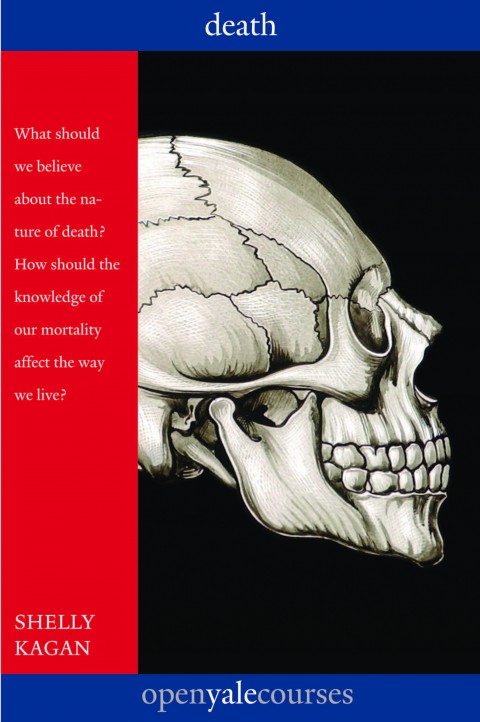Nobody likes a despot — even despots know it. But actually identifying despotism can pose a certain difficulty — which despots also know, and they’d surely like to keep it that way. Hence Encyclopedia Britannica’s Despotism, a ten-minute Erpi Classroom Film on how a country slides into that eponymous state. It uses the example of Nazi Germany (which might strike us today as the most obvious one but back in 1946 must have felt almost too fresh), but generalizes the concept by looking back into more distant history, as far as Louis XIV’s immortal remark, “L’état, c’est moi.”
“You can roughly locate any community in the world somewhere along a scale running all the way from democracy to despotism,” says Despotism’s standard-issue mannered narrator before turning it over to a standard-issue sack-suited and Brylcreemed expert. And how can we know where our own society places on that scale? “Well, for one,” says the expert, “avoid the comfortable idea that the mere form of government can of itself safeguard a nation against despotism.” The film introduces a series of sub-scales usable to gauge a community’s despotic potential: the respect scale, the power scale, the economic distribution scale, and the information scale.
The respect scale measures “how many citizens get an even break,” and on the despotic end, “common courtesy is withheld from large groups of people on account of their political attitudes; if people are rude to others because they think their wealth and position gives them that right, or because they don’t like a man’s race or his religion.” The power scale “gauges the citizen’s share in making the community’s decisions. Communities which concentrate decision making in a few hands rate low on a power scale and are moving towards despotism,” and even “today democracy can ebb away in communities whose citizens allow power to become concentrated in the hands of bosses.”
The economic distribution scale turns into a warning sign when a society’s “economic distribution becomes slanted, its middle income groups grow smaller and despotism stands a better chance to gain a foothold.” If “the concentration of land ownership in the hands of a very small number of people” and “control of jobs and business opportunities is in a few hands, despotism stands a good chance.” So it also does in a society which rates low on the information scale, where “the press, radio, and other channels of communication are controlled by only a few people and when citizens have to accept what they are told,” a process that renders its citizens ultimately unable to evaluate claims and ideas for themselves.
The opposite of despotism, so Despotism proposes, is democracy, a type of government explained in the previous year’s Erpi Classroom Film of that name. Germany, a republic where once “an aggressive despotism took root and flourished under Adolf Hitler,” now performs admirably on the respect, power, economic distribution, and information scales — not perfectly, of course, but no country can ever completely escape the threat of despotism. Much about the economy and the nature of information may have changed over the past 70 years, but nothing about respect and power have. Whichever society we live in, and wherever on the spectrum between democracy and despotism it now stands, we’ll do well to keep an eye on the scales. Both films were made by Encyclopedia Britannica, in conjunction with Yale University’s then prominent political scientist Harold Lasswell.
via BoingBoing
Related Content:
How to Spot a Communist Using Literary Criticism: A 1955 Manual from the U.S. Military
Rare 1940 Audio: Thomas Mann Explains the Nazis’ Ulterior Motive for Spreading Anti-Semitism
Donald Duck’s Bad Nazi Dream and Four Other Disney Propaganda Cartoons from World War II
George Orwell’s Final Warning: Don’t Let This Nightmare Situation Happen. It Depends on You!
Umberto Eco Makes a List of the 14 Common Features of Fascism
Slavoj Žižek Calls Political Correctness a Form of “Modern Totalitarianism”
Based in Seoul, Colin Marshall writes and broadcasts on cities and culture. He’s at work on a book about Los Angeles, A Los Angeles Primer, the video series The City in Cinema, the crowdfunded journalism project Where Is the City of the Future?, and the Los Angeles Review of Books’ Korea Blog. Follow him on Twitter at @colinmarshall or on Facebook.




